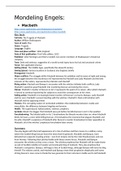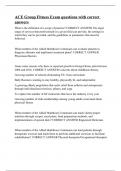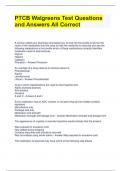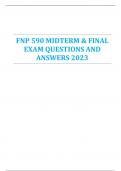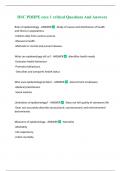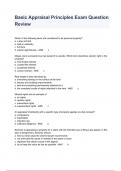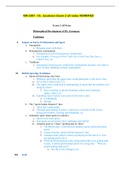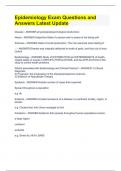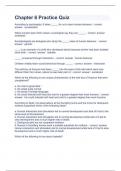Book review
Reading Books Summaries English Oral Exam Literature
- Course
- Level
Of the following books, I have included a short summary and key points, characters, and theme that I read through before my oral: Macbeth Silas Marner 1984 About a boy The notebook Curious incident of the dog in night time On the road Fault in our stars I did get a good grade for my oral...
[Show more]
